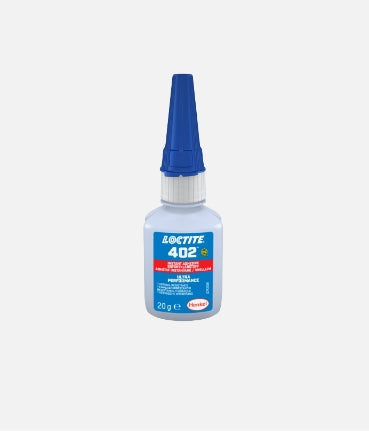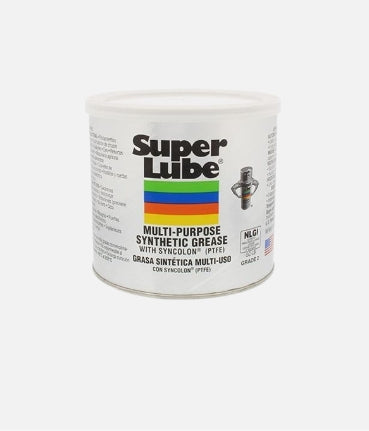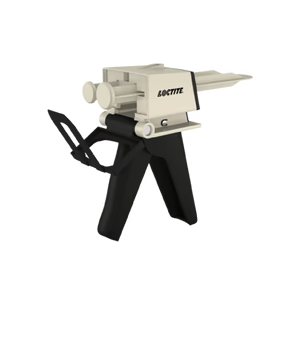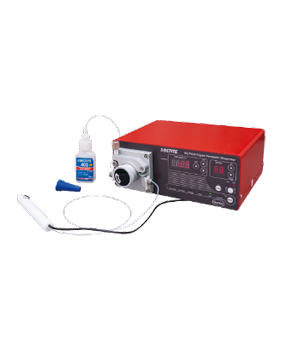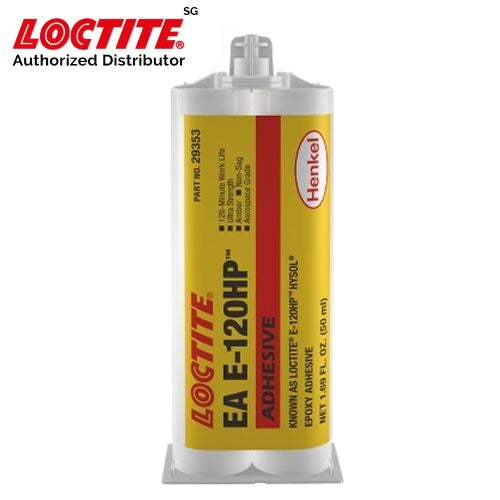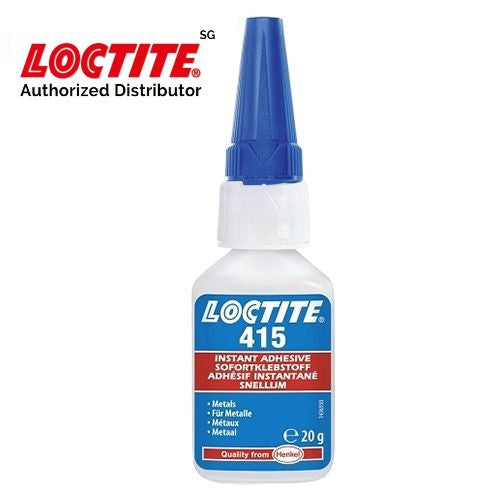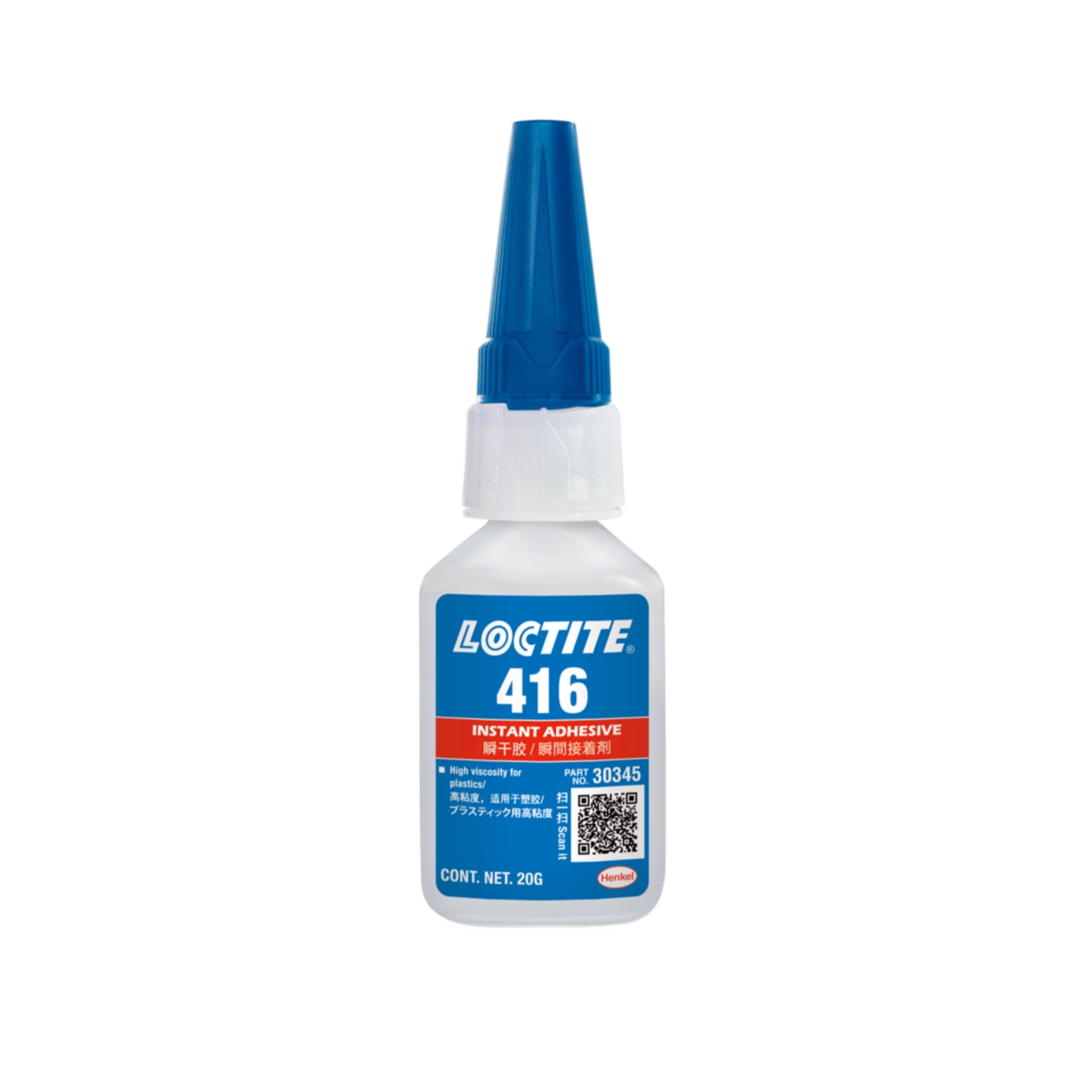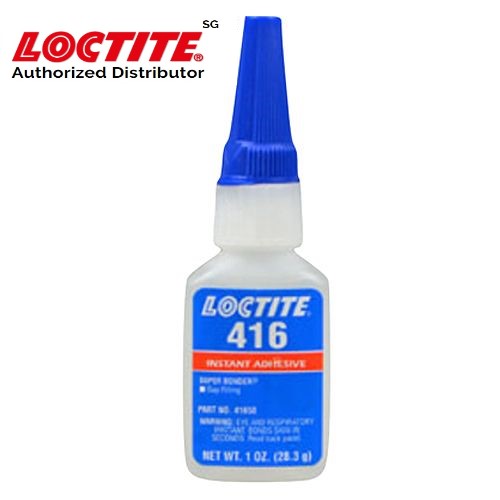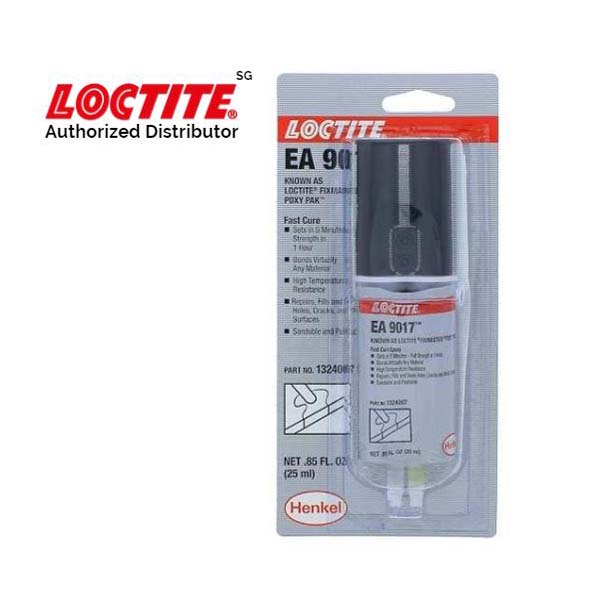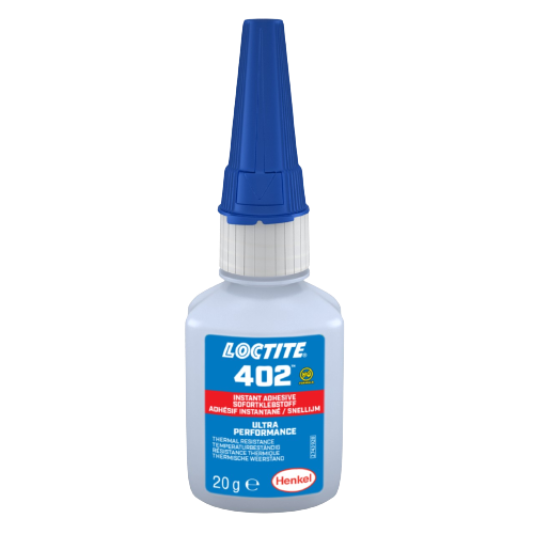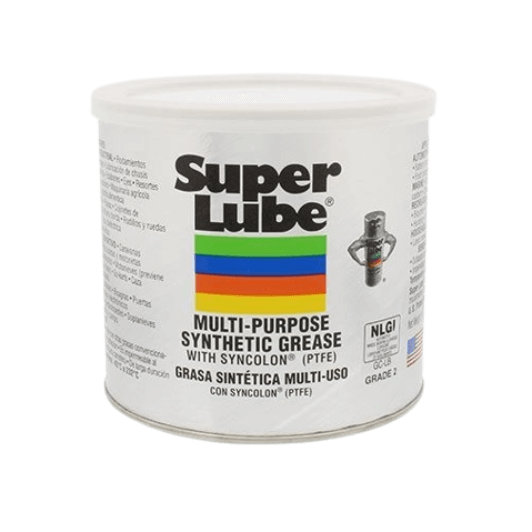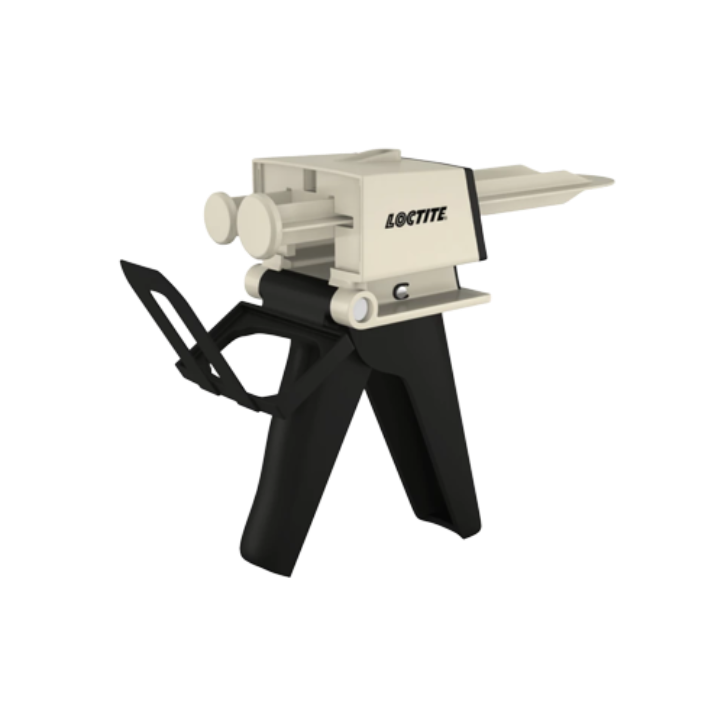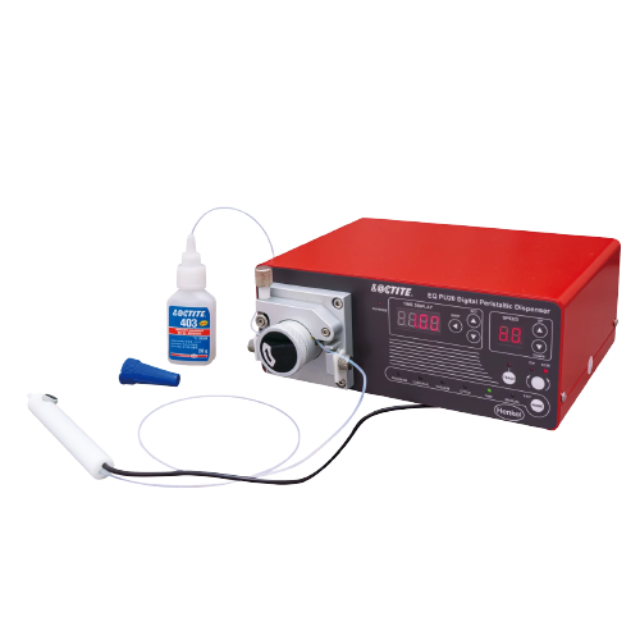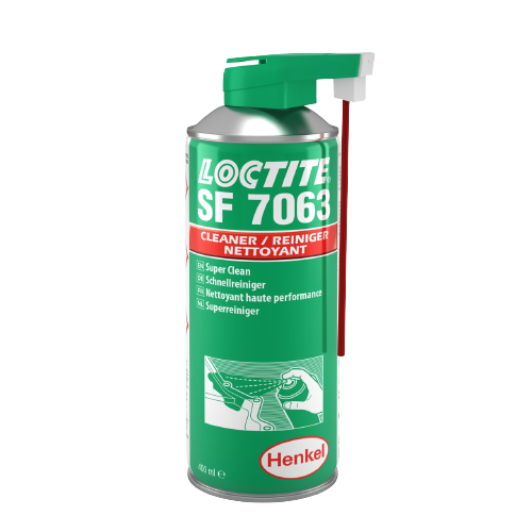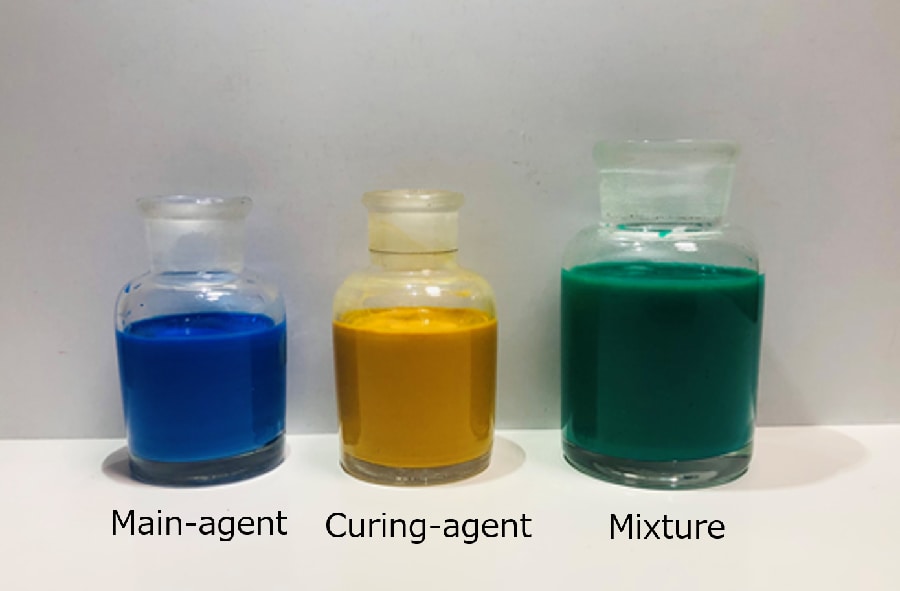
A room temperature curing adhesive SK-229 for cryogenic environment
描述
阅读更多
少读
This two-part epoxy based adhesive can be cured at room temperature, and is able to retain its adhesive strength at cryogenic environment.
Features
- A temperature range is wide from cryogenic to room temperature.
- Excellent heat shock resistance.
Properties
Physical properties before curing and conditions of use
| Product | SK-229 (A room temperature curing adhesive) | ||
| Main-agent | Curing-agent | Mixture | |
| Color | Blue | Yellow | Green |
| Base | Epoxy | Amine | ー |
| Mixing ratio (By weight) | 1 | 1 | ー |
| Curing conditon | ー | ー | 20~100℃ e.g.24℃ x 24 hr,100℃ x 60 |
| Actual operating temperature | ー | ー | -269~80˚C |
| Pot life@RT | ー | ー | 120min |
| Viscosity@25℃ | 80Pa・s | 100Pa・s | 80~90Pa・s |
| Specific gravity@20℃ | 1.4 | 1.3 | 1.4 |
| Gel time@100℃ | ー | ー | Within 10min |
| Curing shrinkage | ー | ー | 2% or less |
- Viscosity measurement condition : BROOKFIELD-viscometer : No.4, spindle : 5rpm
- Gel time measurement condition : Test piece 0.3g
Physical properties after curing at RT
| Item | SK-229 (A room temperature curing adhesive) | Measurement condition@RT |
| Tensile modulus | 3010MPa | Tensile testers Tensile speed 5mm/min |
| Tensile strength | 22.3MPa | Same as above |
| Shear strength | 22MPa@24℃ | Same as above |
| 30MPa@-196℃ | Same as above | |
| Thermal conductivity | 0.33W/m・k | Xe flash method |
| Glass transition point(Tg) | 66.5℃ | DMS method |
| Coefficient of thermal expansion | 6.4ppm/℃@-80~-70℃ | TMA method |
| 50.3ppm/℃@25~50℃ | ||
| 67.7ppm/℃@100~125℃ |
- Shear strength measurement method@-196℃ : Put in liquid nitrogen, pick up, and measure at RT environment immediately.
Applications
- A low‐temperature environment (up to -196℃) : LNG industry, Medical refrigeration and Space industry equipment
- A cryogenic environment (-196℃ or less): Superconductivity, Liquid nitrogen industry equipment
FAQ
FAQ about a room temperature curing adhesive SK-229 for cryogenic environment
Q) What is the operating temperature?
A) An actual operating temperature is from -269 to 80℃. It depends on the customer's requirement specification.
Q) What kind of substrate is good for adhesion?
A) SK-229 is good adhesion to metals.
In the case of plastic, the adhesiveness is different depends on the type of plastic and processing method.
In the case of plastic, the adhesiveness is different depends on the type of plastic and processing method.
Q) What sizes are available?
A) Both main-agent and curing-agent are available in 1kg each pack(Net weight).
Q) How to get a brochure and a technical data sheete?
A) Please contact us from this web-site.
Q) What is the curing temperature and time?
A) Recommended curing temperatire and time is 20℃ x 24Hr or more, 100℃ x 60 min or more.
Q) What is the warranty period?
A) Please keep it refrigerated and the warranty period is 8 months after manufacture.
Q) Where should be storage?
Q) Where should be storage?
A) Please keep it refrigerated and out of direct sunlight.
Q) What is the precautions for use?
A) When you use SK-229, please use in a well-ventilated place and do not use near fire.
Please wearing protective glasses, masks and gloves.Before using, please refer to SDS for the safety and health of the user.
If you do not have an SDS, please contact us.
If you do not have an SDS, please contact us.
Q) How to remove (peel off) SK-229 from the substrate?
A) As an example, applying heat of 80℃ or higher, to soften the adhesive makes it easier to remove.But it is difficult to remove completely.
Q) Does it comply with RoHS Directive?
A) Yes, it does not contain substances prohibited by RoHS Directive.
Q) What is the flash point?
A) Main agent : 250℃ *Cleveland open-cup flash point test
Curing agent : 153℃
Curing agent : 153℃
Mixture : No data
Q) How to pressurize when SK-229 is curing?
A) Please do not come off and not float from substrate.
Q) Is SK-229 can be exported?
A) Please contact us from this web-site.



Q) What is the packaging style?
A) Package style is polyethylene container.

Q) What is the mixing method?
A) 1. Measure out 1:1 of the main-agent and curing-agent.
2. Mix the main-agent and curing-agent until it be an uniform green.
2. Mix the main-agent and curing-agent until it be an uniform green.
1.Measurment

2.Mixing


